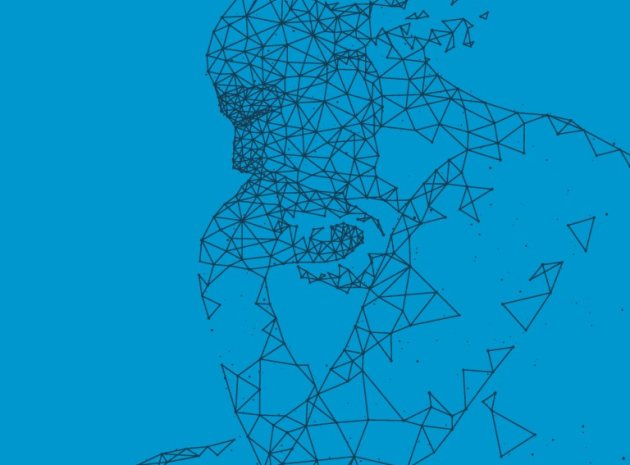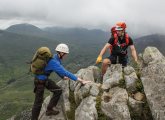Q I am a maths teacher in a small, coastal secondary school. Our students are great, and we are blessed with really supportive families, too, on the whole – but it would be fair to say that attitudes in the community at large are pretty ‘traditional’, especially when it comes to gender stereotypes and career aspiration. With this in mind, I’m planning to start a STEAM club, but I know that if I’m not careful, the only kids to sign up will be a) male and b) already self-defining as ‘geeks’. How can I make sure the club has as wide an appeal as possible, and ‘sell’ it to all our pupils, not just the ones who would come along anyway?
A It is increasingly clear that the very language of STEAM can be a barrier to inclusion. Calling something a ‘coding club’ immediately puts it in a very structured box with connotations of being hunched over a computer screen filled with mysterious text-based coding. It is the sort of language that will hook the already engaged and exclude those who already think it ‘isn’t for them’.
A ‘creation club’, which pulls in the expertise of arts and humanities teachers and centres the creative process, can throw open the door to a whole cohort of students who would never have considered themselves at home in the maths or science departments.
For example, designing a game. Coding is required, but so is story-boarding, concept art and level design. A team with different skills must work together towards a common goal. No one member is less crucial than the other and everyone must have an understanding and appreciation of each other’s disciplines.
In this way, students can pick up new knowledge whilst knowing they are already bringing something valuable to the table. These sorts of ‘soft skills’ are incredibly valuable in the workplace and a vital part to any STEAM club. Essentially, the pitch isn’t simply ‘learn coding’, it’s ‘how can we use coding’?
There is also an argument for setting up clubs explicitly targeted at less engaged groups. Girls, for example, are known to strive for perfection – making the trial and error needed for STEAM success difficult – especially in a mixed group.
Q As head of science in an academy where outcomes for students are above average, I’m naturally reluctant to ‘fix what isn’t broken’ – however, the truth is, whilst our final results are good, our progress scores could definitely be better. Looking at our curriculum, I suspect we have an issue at KS3, where our programmes of study for the sciences are really just ‘pre-GCSE work’, with little attempt to inspire real engagement (the fact that pupils have no choice but to take science at KS4 probably has something to do with that). Could a focus on more experiential learning help? And if so, what are the best ways to introduce this?
A With an increasingly autonomous future, a move towards more autonomous learning is vital. Students must be given the chance to apply what they have learned. We’ve all heard the ‘but where will I use X in the real world?!’ from students – so show them.
Obviously, by KS3 lessons take on a more structured form than the more integrated learning of KS2. But the danger is that these new barriers between subjects can take away some of the creative spark that makes primary science so exciting.
An extension task (either in lesson time or as part of an extracurricular club) that runs through a term could break these barriers down and spur independent learning.
Setting a ‘real world problem’ that students need to solve creates a sense of relevance and allows teachers to incorporate a careers element, while demonstrating what roles are needed to support the project and the industries to which they would be applicable.
This, in turn, creates the opportunity to introduce role models and even mentorship schemes with local companies. A clear, accessible and exciting pathway to a career in STEAM can be the deciding factor in students challenging themselves and striving beyond exam preparation.
In this way, science GCSE starts to become a vital stepping stone to a future career – rather than something young people have no choice in.
Ask the expert
Silas Adekunle is the CEO and co-founder of Reach Robotics – creators of MekaMon. Originally a gaming robot, the company is now launching ReachEDU – an education app that uses MekaMon’s advanced movement and engaging personality to teach coding and put the ‘A’ in STEAM. edu.reachrobotics.com










